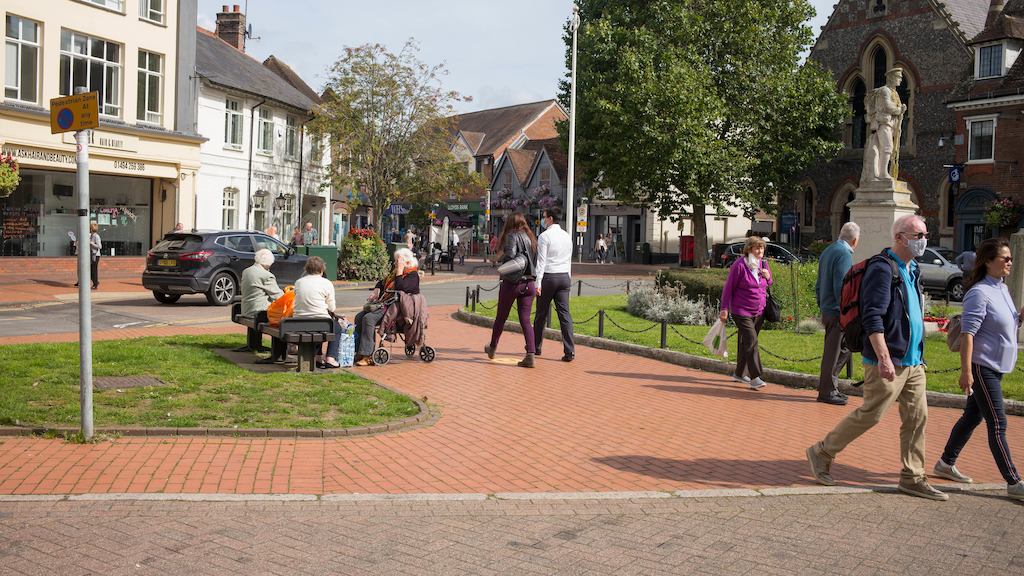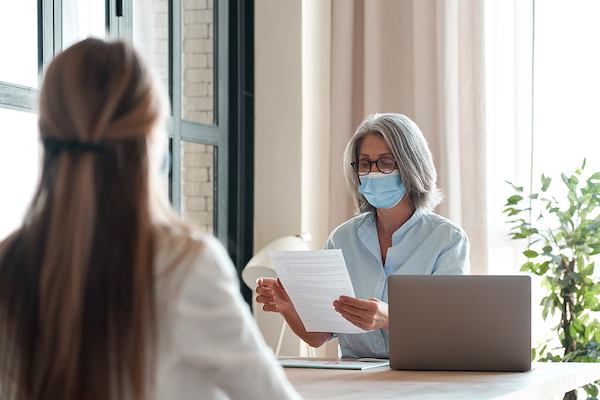The Centre for Ageing Better is delighted to have commissioned a team led by Sustrans to conduct an evidence review and primary research examining the preferences for, barriers to, and enablers of active travel among 50–70 year olds.
Active travel refers to the use of physically active means (usually walking and cycling) for our ordinary, everyday trips – such as going to work, seeing friends, going shopping, visiting the doctor or dentist or running errands. Active travel as a policy area isn’t new: in 2017, the government published a Cycling and Walking Investment Strategy that set out their ambition that “cycling and walking are the natural choices for shorter journeys, or as part of a longer journey.”
Being physically inactive – not exercising enough and not moving enough – is one of the most important behavioural risk factors for the development of chronic health conditions, such as diabetes, arthritis, COPD or coronary heart disease, which significantly impact our ability to go about our daily lives. Data in our recently published flagship report, State of Ageing 2020, shows that more than a fifth (21%) of all 50-64 year olds (2.23 million people) across England have one such condition and 15% (1.6 million people) no fewer than three.
But there are shocking variations by level of wealth within these statistics: the poorest among us can expect to live to just a little over the age of 50 (53 for men and 51 for women) before the onset of such health conditions. That means that, on average, the poorest men spend the last quarter (28%) of their lives – and the poorest women the last third (35%) – living with a chronic, long-term health condition.
The fact that that so many of us spend so much of our lives in poor health is reason enough for urgent action. But few of us will have foreseen the extent to which the Coronavirus pandemic would amplify the detrimental impact of such conditions, with outcomes from the virus often so much worse for people already in poor health.

